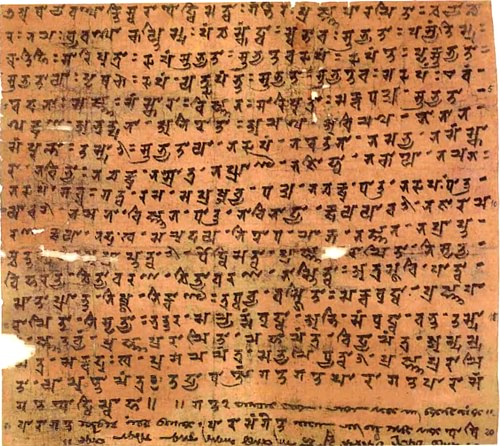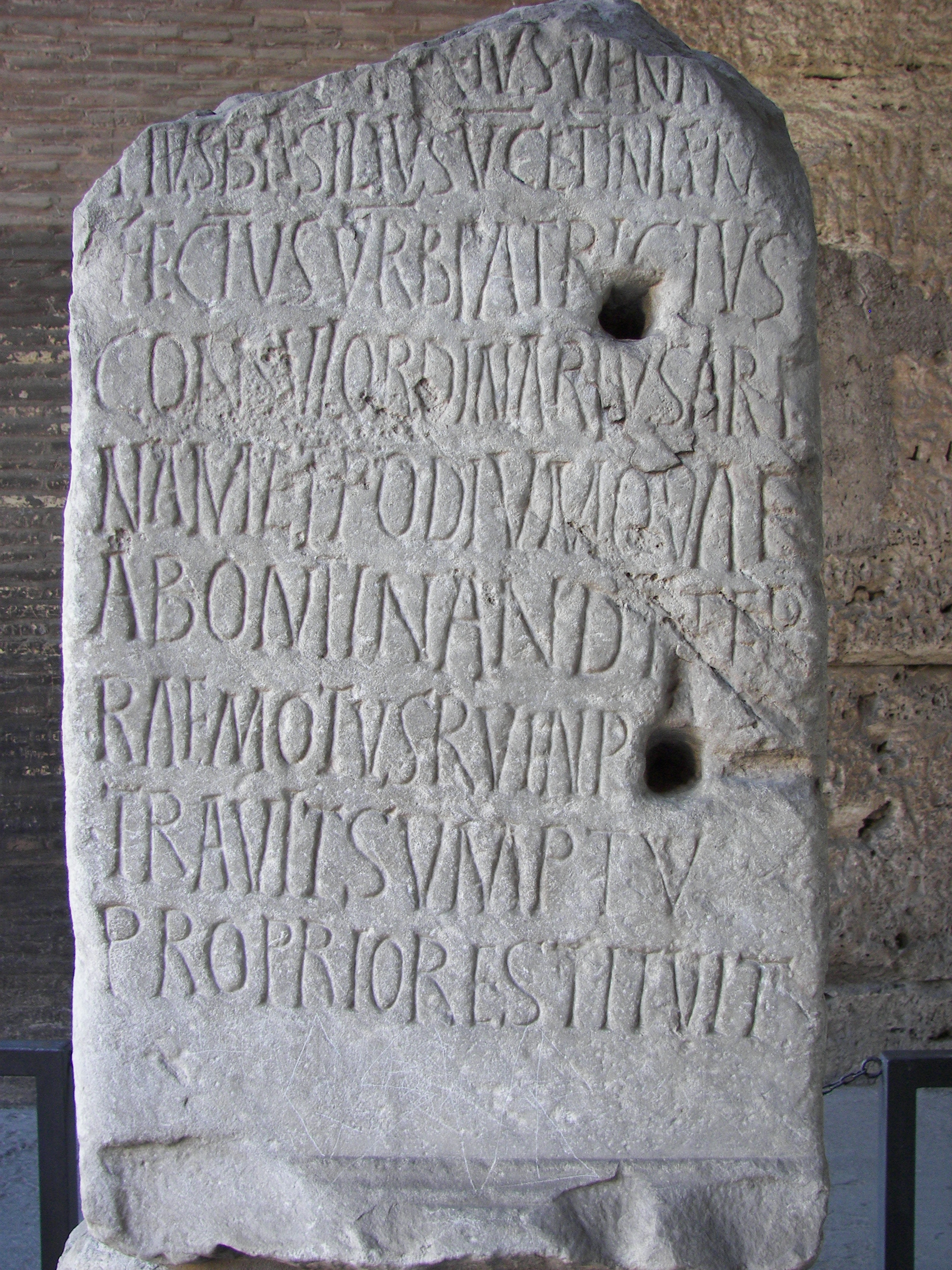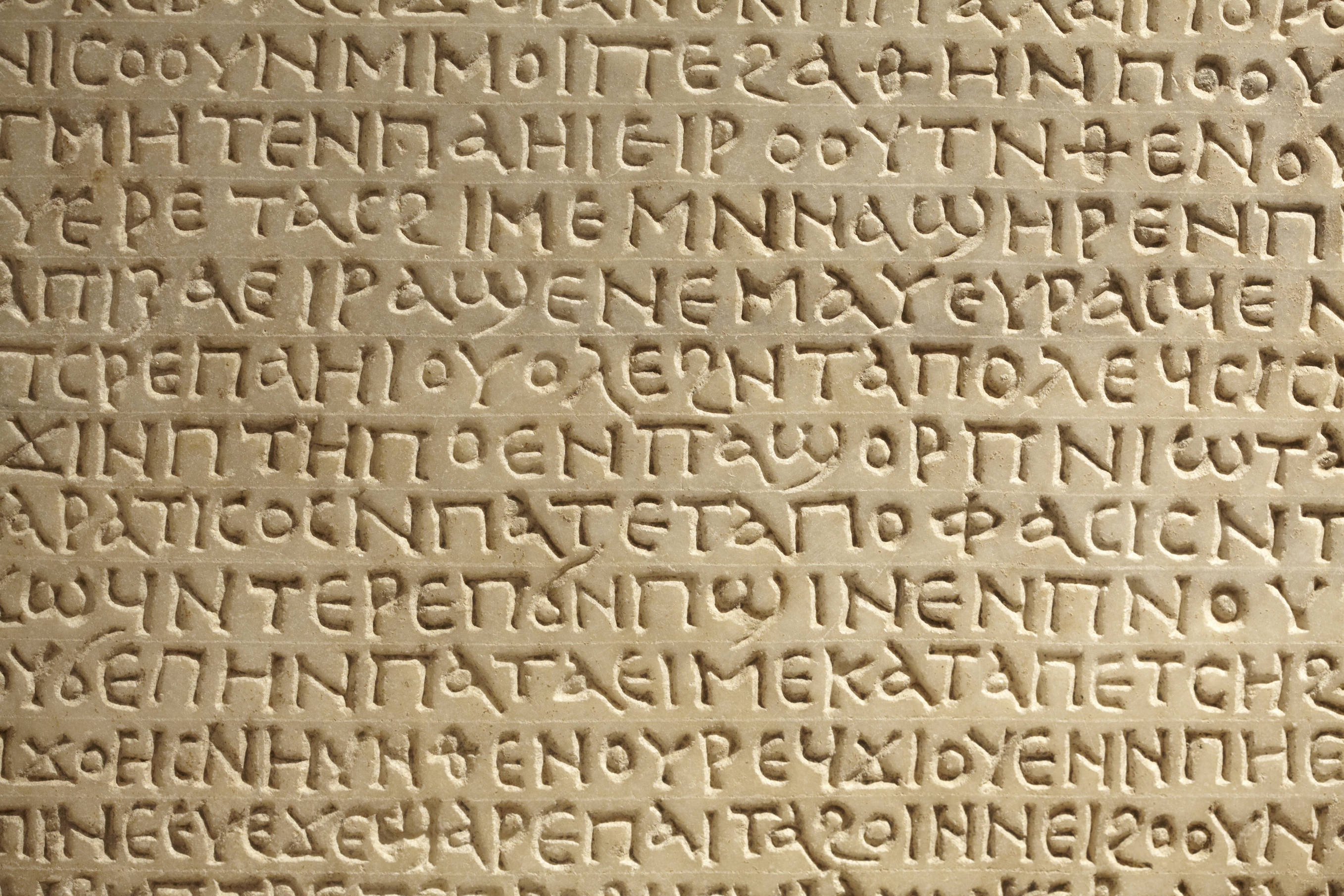
The origin of language is one of the most fascinating aspects of human history. The ability to communicate is what sets humans apart from other animals, and the development of language has played a critical role in the evolution of society and culture. Many ancient languages have survived the test of time and still remain influential today, providing insight into the history and culture of the people who spoke them. In this article, we will explore the top 10 ancient languages and their origins, shedding light on their impact and significance in the world today.
Studying ancient languages offers numerous benefits, such as:
Preservation of cultural heritage: Ancient languages are often the only means of understanding the cultural heritage of a particular society or civilization. By studying these languages, we can uncover valuable insights into the art, literature, religion, and philosophy of ancient cultures.
Understanding the origins of modern languages: Many modern languages have evolved from ancient ones, so studying the roots of these languages can provide us with a deeper understanding of how they developed and the nuances of their grammar and vocabulary.
Improving cognitive skills: Learning a new language is known to improve cognitive skills, such as memory, concentration, and problem-solving. This is especially true of ancient languages, which often require a greater level of attention to detail and mental effort.
Enhancing career opportunities: Knowledge of ancient languages can open up a wide range of career opportunities, such as working as a translator, interpreter, or language teacher. It is also highly valued in fields such as archaeology, history, and linguistics.
Personal enrichment: Studying ancient languages can also be a source of personal enrichment, as it allows us to connect with the past, appreciate different cultures, and gain a deeper understanding of ourselves and the world around us.

Originating in Mesopotamia, Sumerian is considered the first written language in the world. It dates back to 4th millennium BCE.

One of the oldest writing systems in the world, Egyptian hieroglyphics originated around 3300 BCE. It was used to write religious texts, historical records, and royal documents.

Originating in India, Sanskrit is considered one of the oldest and most complex languages in the world. It is the liturgical language of Hinduism, Buddhism, and Jainism.

Originating in Italy, Latin was the official language of the Roman Empire. It has greatly influenced the development of the Romance languages and is still used in science, medicine, and law.

Originating in Greece, Ancient Greek was used from the 9th century BCE to the 6th century CE. It was used to write some of the most important works of Western literature, philosophy, and science.
Originating in Mesopotamia, Akkadian was the official language of the Akkadian Empire. It was used for official purposes and religious texts.

Originating in Anatolia, Hittite was the official language of the Hittite Empire. It was used for official purposes, religious texts, and literature.

Originating in Mesoamerica, Mayan hieroglyphics were used to write the Mayan language. They were used for religious texts, historical records, and royal documents.

Originating in the Eastern Mediterranean, Phoenician was the official language of the Phoenician Empire. It was used for official purposes and to write religious texts.

Originating in Scandinavia, Old Norse was used from the 9th century to the 14th century. It was used to write important works of literature and historical records.
In addition to the importance of studying ancient languages, it is also crucial to preserve them. These languages are not only a part of our history and culture, but they also hold significant information about our past. Preserving ancient languages is essential for the following reasons:
Ancient languages hold a wealth of information about our ancestors’ lives, including their beliefs, practices, and daily routines. By studying these languages, we can gain a better understanding of our roots and how we have evolved over time.
Every ancient language has a unique set of cultural values and beliefs that are often reflected in the language’s grammar, vocabulary, and syntax. Preserving these languages is crucial in preserving the cultural heritage of a community or society.
Ancient languages often contain knowledge about medicinal plants, animal behavior, and environmental patterns that are valuable to modern science. By preserving these languages, we can access this knowledge and use it to make advancements in science and medicine.
Ancient languages are a part of the world’s linguistic diversity. They represent different ways of expressing ideas, thoughts, and emotions. By preserving these languages, we can help maintain the world’s linguistic diversity and promote cultural understanding.
As technology and communication continue to advance, the study of ancient languages faces a new challenge. While there is still a great importance in preserving and studying ancient languages, the demand for it is dwindling. Modern languages and digital communication have taken over, making it easier for people to communicate and share information across the world.
However, there is still a place for ancient language studies in the future. Many universities and research institutions still offer courses and programs dedicated to the study of ancient languages. Additionally, the internet has made it easier for people to access information and resources on ancient languages, allowing for wider dissemination of knowledge.
There is also a growing interest in the history and cultural heritage of ancient civilizations. As such, the study of their languages becomes an important part of understanding their way of life and preserving their legacy for future generations.
Ancient languages hold a wealth of knowledge and cultural significance. They provide a window into the past and connect us to our ancestors. Studying and preserving these languages is crucial to understanding our history and shaping our future. The top 10 ancient languages we have explored in this article, including Greek, Latin, Sanskrit, and Sumerian, have all had a profound impact on the development of human civilization. As we move forward, it is important to continue to study and preserve these languages, to ensure that they are not lost to time. We must also continue to explore new technologies and methodologies for understanding and interpreting these ancient languages, to unlock their full potential and reveal new insights into our collective past. By doing so, we can better understand where we come from and how we got here, and use that knowledge to create a better future for all.